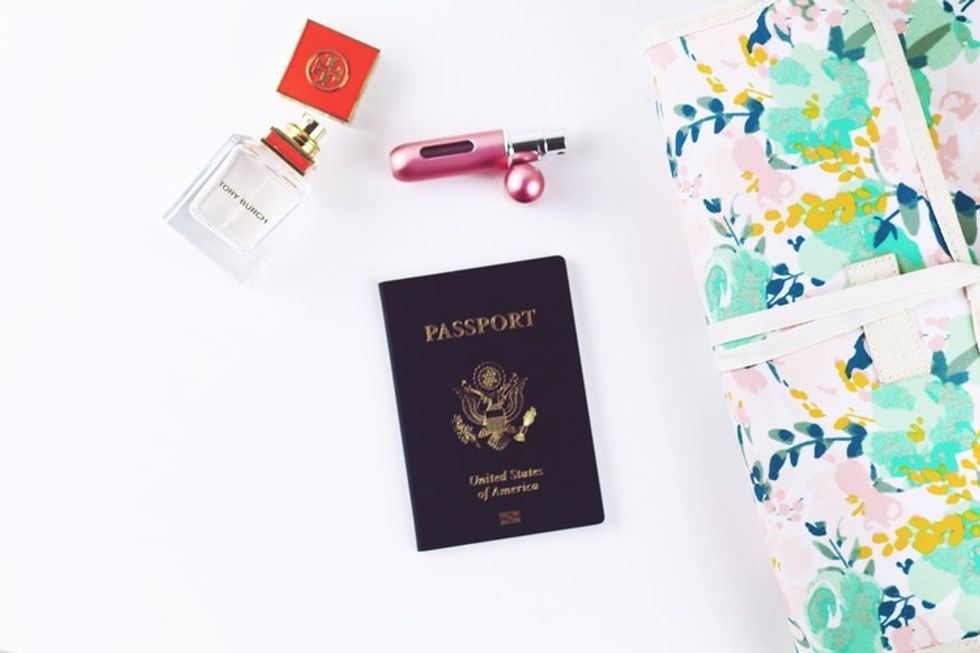It's no secret studying abroad can be the opportunity of a lifetime. Not only is it an amazing experience, but it looks good on your resume and gives you a chance at adult independence. However, the process of studying abroad can be overwhelming, complicated, and expensive.
After lots of hard work, I'm studying abroad this summer in Japan. Here are some things I learned and some things I wish I knew beforehand that can help you as you prepare for your journey.
1. You need to start planning more than a semester ahead of time.
This is the first and most important tip. I'm departing for Japan in June, but I started planning in October. That's eight months ahead of time. I decided I wanted to go to Japan, and bought a Japanese language textbook and started studying. I spoke to my study abroad office, talked to my departmental advisor, and began researching programs, even though most of their applications deadlines weren't until Spring. During this time decide what's most important to you. There are many factors to mull over when deciding a program (or programs, if you're willing to ditch out the hefty applications fees). These factors include the length of your stay, the location, and the possible credits you can earn towards your degree.
2. Look for scholarships early.

3. Visit your university's study abroad office more than once.

4. Don't be afraid to look at programs that aren't sponsored by your university.

5. Budget for more than just your flight and tuition. 
Considering a program budget is a no-brainer step. But also, consider what the living expenses are like in the country you are going to. Are they higher than where you live now? Is there merchandise in that country you want to bring back? Do you want to get gifts for friends? Additionally, when you're abroad, you'll seldom want to stay in your home city. You might want to travel to adjacent countries, or other big cities within the country, which can be extremely pricey. However, you won't want to miss out on doing it while you're there. After all, you're already so close. You really want to enjoy your study abroad, and probably don't want to stay in your dorm and eat in the university's cafeteria like you would at home. Treat yo' self.
6. Get your passport as soon as possible, and budget for it.

7. Learn the language and culture.
Securing support from your parents is vital. And if I haven't made it obvious, it's likely you'll get overwhelmed before your departure. Let your support system know your plan. I was hesitant to do this, because I thought something might go wrong during the process. They'll be more excited and proud for/of you than you are. If you're ever doubting yourself or the process, they will be there to hype you up. My mom told everyone we knew I was going to Japan. If your friends have done study abroad, they might have some helpful advice for you. Additionally, it's important to soak up the love before you'll be away from your support system for a long time.
9. Get ready to write.
Do some self-reflection. Really consider the reasons you want to do study abroad. Many study abroad applications and scholarships will ask for essays. Don't forget to get them proofread, and show them to your abroad advisor if you can.
10. Invest in a good camera.

11. Get Excited!
I was hesitant to get excited about going abroad. Like I said, I feared something would go wrong. I now see my fears were extremely unfounded. I wish I had gotten more excited about my trip and shared the news more. The idea that you're soon going abroad can contribute a lot towards pulling you through a rough semester.









 Photo by
Photo by  Photo by
Photo by  Photo by
Photo by 



















